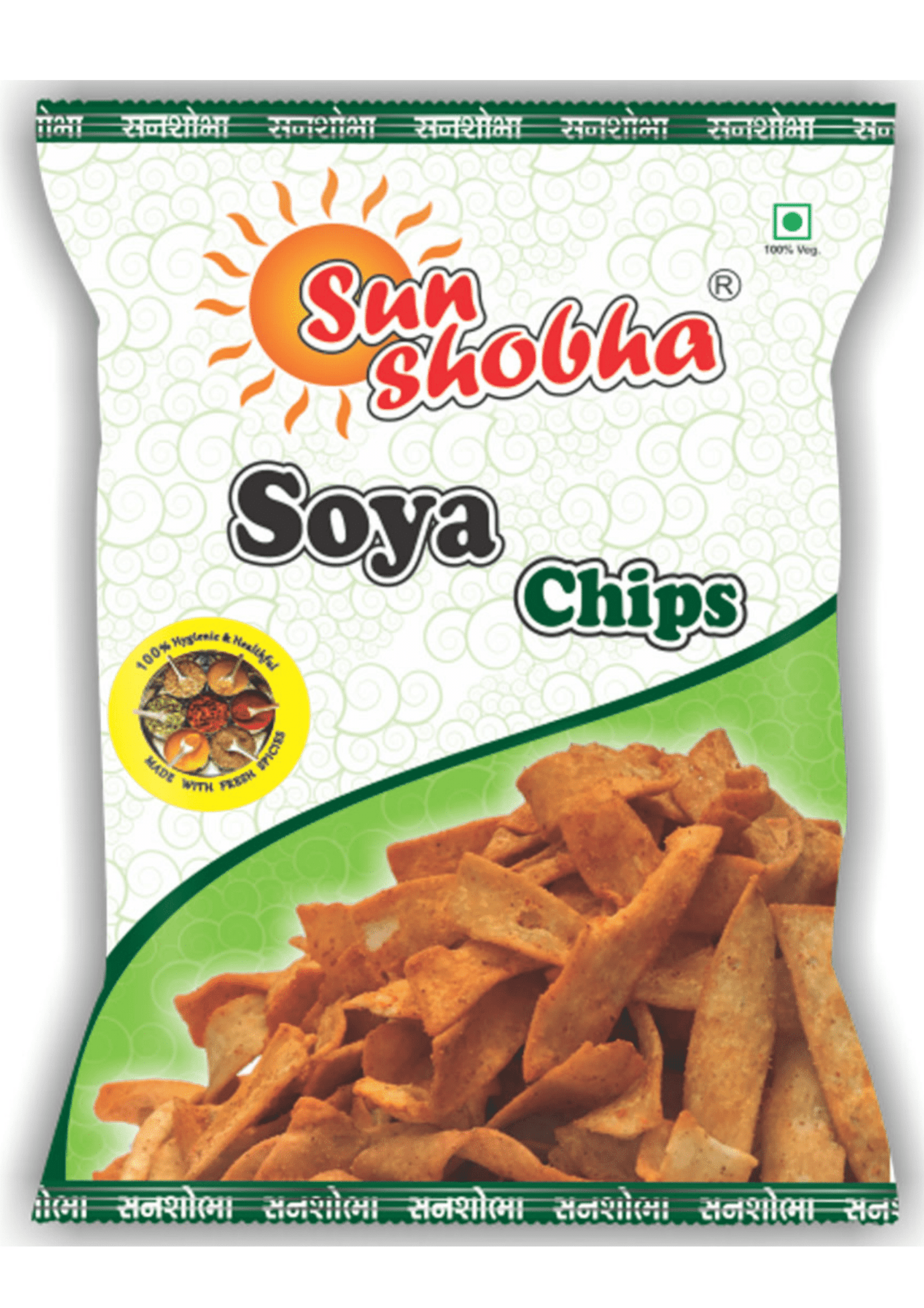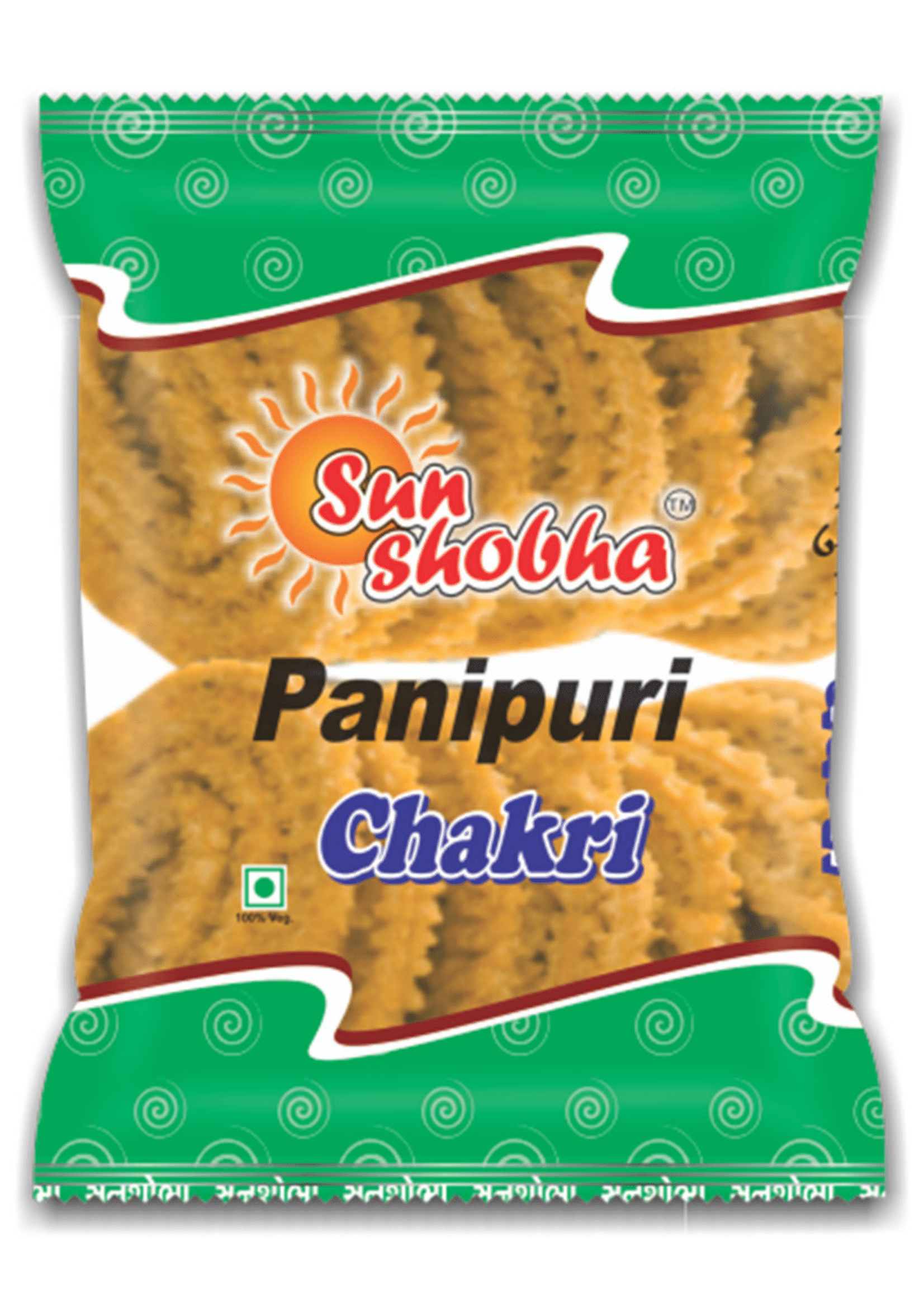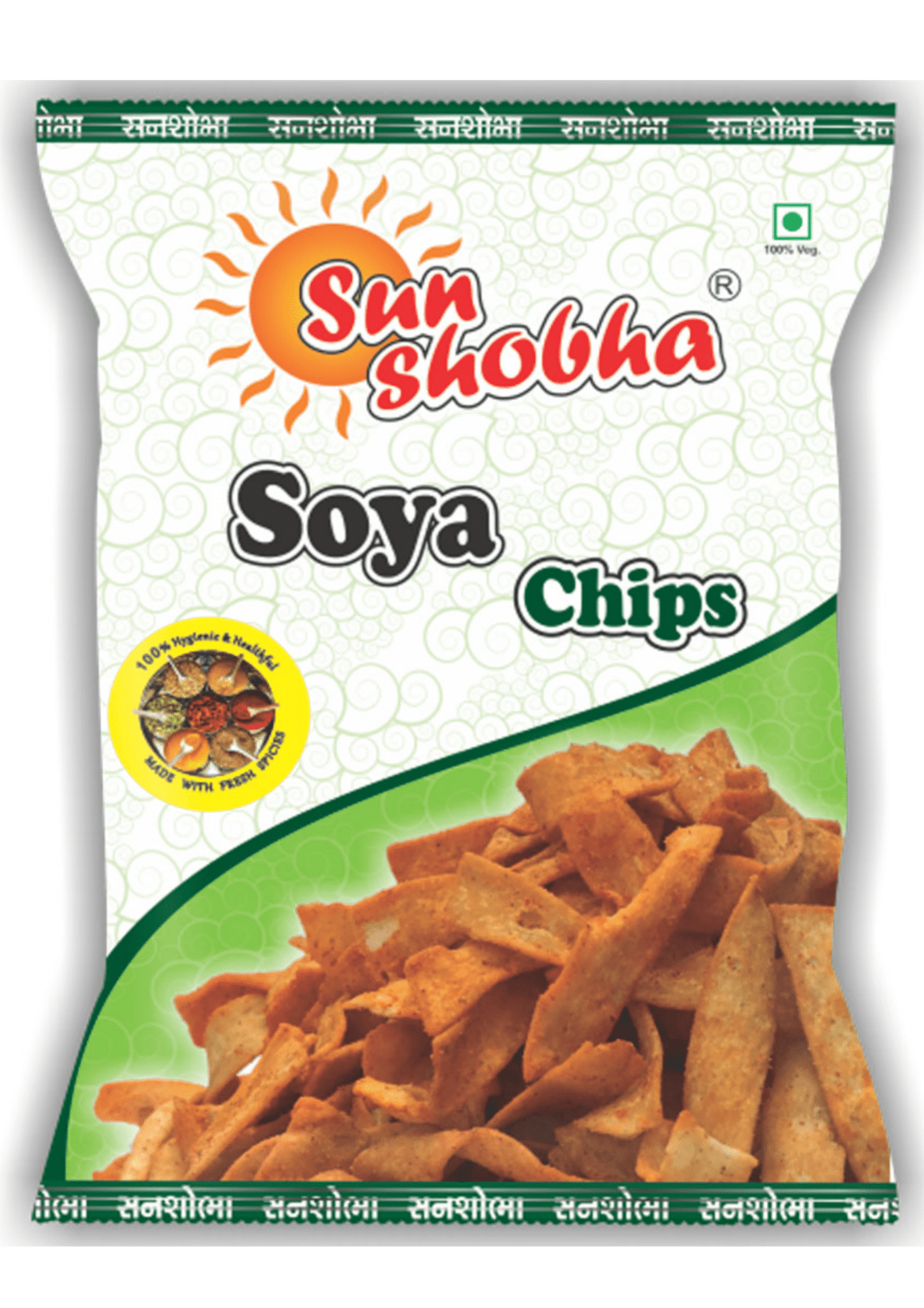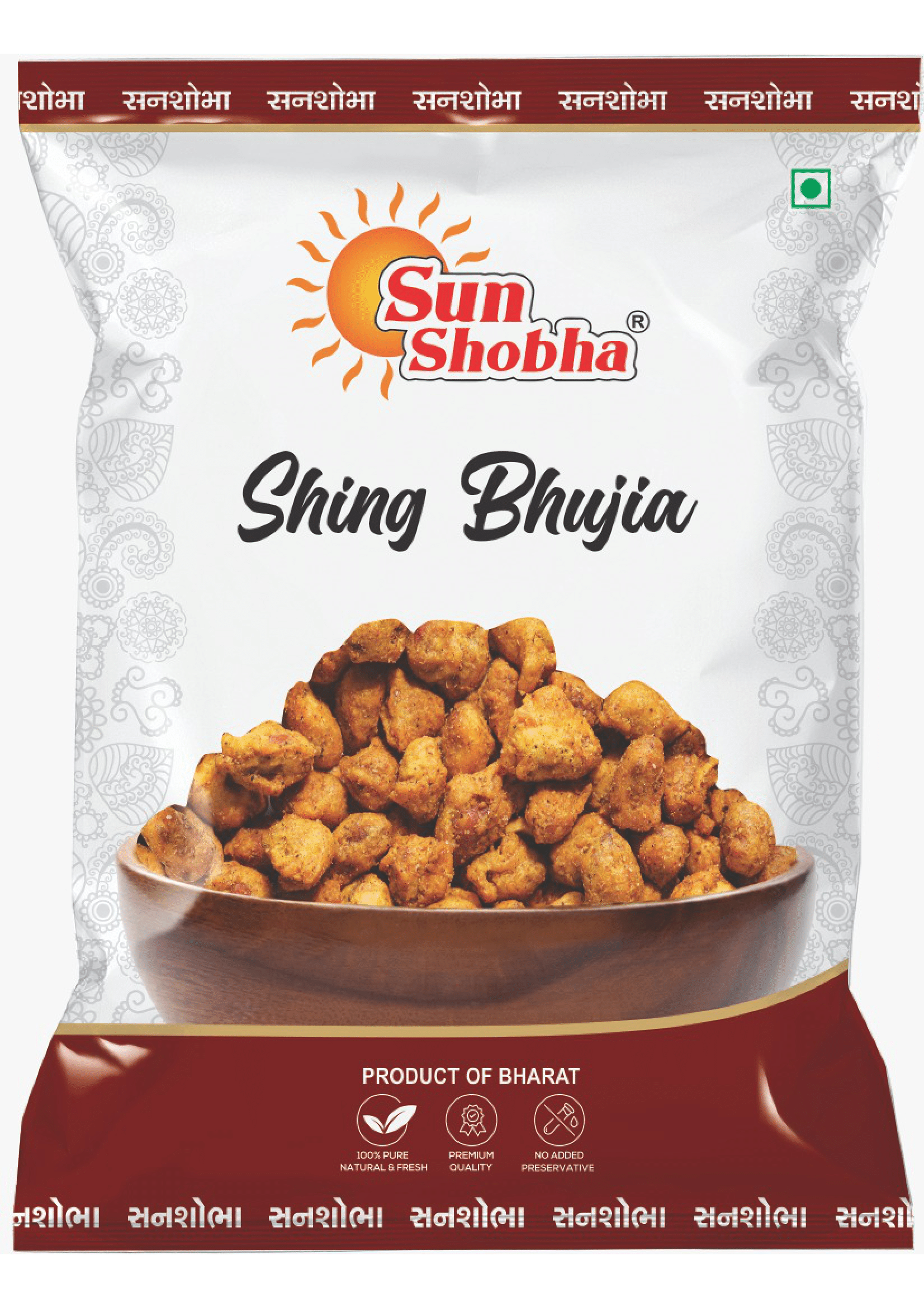Chips Manufacturing
Sunshobha Chips Manufacturing is a fictional or lesser-known business that specializes in producing and distributing a variety of snack chips. While no specific data on "Sunshobha Chips" exists, I'll outline a typical small-to-medium-sized chips manufacturing company's operational details, focusing on the production process, market strategies, and industry practices.
Overview of Sunshobha Chips Manufacturing
Sunshobha Chips Manufacturing, like most snack food manufacturers, operates with the goal of delivering high-quality, tasty, and affordable snack options. The business likely caters to a broad consumer base, offering products such as potato chips, banana chips, and other innovative chip varieties like cassava or plantain chips. These chips are known for their crisp texture and are available in various flavors, catering to the local palate and potentially expanding into regional or national markets.
Raw Material Sourcing
One of the core operations in the chips manufacturing business is the sourcing of raw materials. Sunshobha Chips would likely source fresh potatoes, bananas, or other ingredients directly from local farmers or agricultural markets to maintain quality and freshness. The company may also use contract farming to ensure a consistent supply of the required produce. In addition, Sunshobha Chips would need to procure high-quality oils, seasonings, and flavorings to enhance the taste and shelf life of their products.
Production Process
The production of chips generally follows a standard process, although specifics may vary depending on the type of chip being produced. The basic steps include:
- Cleaning and Sorting: Potatoes or bananas are thoroughly cleaned and sorted to remove any dirt, impurities, or damaged pieces.
- Peeling and Slicing: The cleaned produce is peeled (if necessary) and sliced to the desired thickness. Uniformity in slicing ensures consistent cooking and product quality.
- Frying: Sliced pieces are fried in vegetable oil at a controlled temperature. In some cases, Sunshobha Chips might use vacuum frying technology to reduce oil absorption and make the chips healthier.
- Flavoring and Seasoning: After frying, the chips are seasoned with various spices, salts, or flavors. Sunshobha Chips could offer popular flavors such as salted, tangy, spicy, or cheese varieties to cater to different taste preferences.
- Quality Control: Quality control is essential to maintain a consistent product. Automated systems and skilled workers monitor for the proper texture, color, and flavor, ensuring that defective or burnt chips are removed before packaging.
- Packaging: Chips are packed in air-tight, moisture-resistant packaging to preserve freshness. Depending on the market, Sunshobha Chips might offer packaging in various sizes, from small snack packs to family-size portions.
Market Strategies and Distribution
Sunshobha Chips Manufacturing would focus on building its brand by emphasizing quality, taste, and affordability. The company could market its chips through local retail shops, grocery stores, supermarkets, and online platforms. Additionally, engaging in regional fairs, exhibitions, and social media campaigns would help build brand recognition. The business could also explore the potential of exporting its chips to nearby regions or countries with similar taste preferences.
In terms of pricing strategy, Sunshobha Chips would likely position itself as a competitively priced product, balancing between premium and budget segments. Offering value packs, combo deals, and seasonal promotions could further attract and retain customers.
Challenges and Opportunities
Like any manufacturing business, Sunshobha Chips faces several challenges, such as fluctuations in raw material costs, maintaining product consistency, and competition from larger brands. However, there are opportunities in expanding the product line by introducing healthier options like baked or low-salt chips to meet the growing demand for health-conscious snacks. Additionally, innovative flavors and sustainable packaging solutions could set the company apart from competitors.
Conclusion
Sunshobha Chips Manufacturing, though fictional, mirrors the operations of many real-world snack producers. By focusing on quality raw materials, efficient production processes, and effective marketing, such a business can succeed in a competitive industry. The company would need to balance product development, market demand, and operational efficiency to maintain growth and profitability in the ever-evolving snack food market







